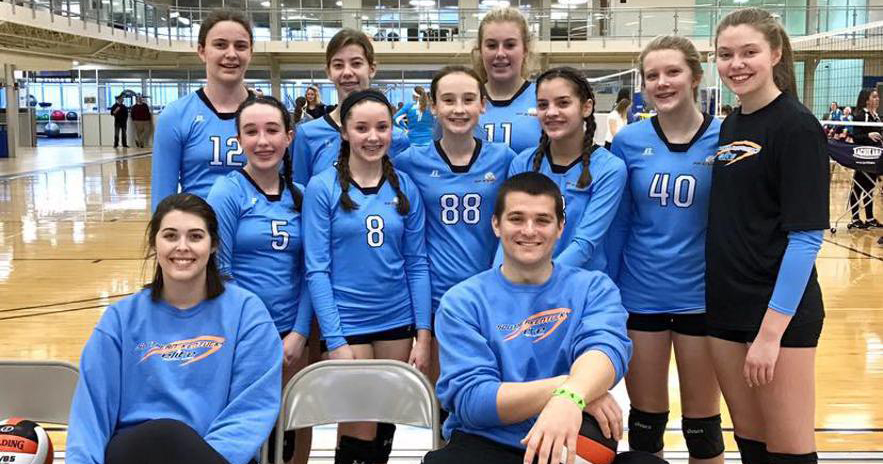Everybody wants to be somebody. Once this becomes a fundamental way of viewing your teammates, classmates, and everyone you meet, you will become a person of influence.
Dr. Cory Dobbs
Homelessness is a complex problem. Not just because a person without a home needs money and other essential resources—but because the psychological consequences are crippling. A homeless person must confront society’s perception of their worth. When an individual first encounters homelessness they experience a radical shift in their identity. They begin to struggle with basic life questions such as who they are and what the future will bring. The homeless person’s sense of self worth deteriorates quickly.
There isn’t a person in the world who doesn’t want to be someone, to have significance and be considered worthy and valued by others. Everybody wants to be somebody.
“One day I was in Tucson, Arizona putting gas in my car when I witnessed a homeless man asking if he could wash peoples windows for money and people would yell at him and push him away like he was some kind of animal. I felt for that man and even though I’ve never been homeless or put in the position he was in I could relate to him.”
–Steven Lopez, State Champion Wrestler
How do you treat the last person on the bench? Is it different from the way you treat the star player on the team? Why? Is a person’s worth determined by their value on the court or playing field? How do you treat every person you meet?
Everybody wants to be somebody. Once this becomes a fundamental way of viewing your teammates, classmates, and everyone you meet, you will become a person of influence.
As he walked towards me with his head down I was expecting him to ask me if he could wash my windows and I was going to say yes but he kept walking. So as he passed me I asked if he could wash my windows and he said “yes” so he began to do so. After he was done he started walking away not even asking for money which took me by surprise. But I felt he did a service and should be rewarded so I called him over and said I was going to pay him. His eyes opened wide and I could just see the joy on his face. I checked my wallet and all I had was a $10 bill. My first thought was $10 for a simple window wash seems too much but I looked towards the bigger picture; do I need that $10 more than he does? And my answer was no, I felt he needed it more than I did. So I gave it to him and he said that it was too much and he couldn’t accept it but I insisted and the look on his face will be something I’ll never forget.
–Steven Lopez
Almost everyone knows what it feels like to be accepted, connected, trusted—a friend—and what it feels like to be rejected, judged, and outside the group. When people feel disconnected they feel a sense of worthlessness.
He told me it would take about 2-3 days worth of washing windows to make $10 and was very grateful. He gave me a hug and I could see other people staring but I didn’t mind, I helped the man out with what I could. As amazing as that felt what happened after made me feel so much happier. People would go up to him and give him money without him doing anything and some of them were the same people who were yelling at him, so that’s when I realized sometimes all it takes is just one person to start something and I could be that first person.
–Steven Lopez
To be a person of influence you need to truly care about people. Great team leaders are student-athletes that influence teammates by showing others that they care. The high performing team leader knows that everybody needs friendship, encouragement, and help. What people can accomplish by themselves pales in comparison to what they can accomplish working with others. Everybody needs somebody to connect with and help them grow.
I felt for that man and even though I’ve never been homeless or put in the position he was in I could relate to him.
–Steven Lopez, State Champion Wrestler
Everybody wants to be somebody. Today at practice take a long look at your teammates and identify somebody who needs you to build up their confidence and sense of self-worth. Let them know that they are welcome in your house.
Team Discussion Questions
«Do you believe that luck plays a role in your life?
«What do you think about luck? How might a little luck change a person’s life?
«Should empathy be a part of one’s mindset? How can you show empathy through your designated role?
«What role do relationships play in your personal success? Your team’s success?
«What can you do today to invest in the future of a teammate?
To find out more about and order Sport Leadership Books authored by Dr. Dobbs including a Leader in Every Locker that this post was taken from, Click this link: The Academy for Sport Leadership Books
 About The Academy for Sport Leadership
About The Academy for Sport Leadership
The Academy for Sport Leadership’s underlying convictions are as follows: 1) the most important lessons of leadership are learned in real-life situations, 2) team leaders develop best through active practice, structured reflection, and informative feedback, 3) learning to lead is an on-going process in which guidance from a mentor, coach, or colleague helps facilitate learning and growth, and 4) leadership lessons learned in sport should transcend the game and assist student-athletes in developing the capacity to lead in today’s changing environment.

